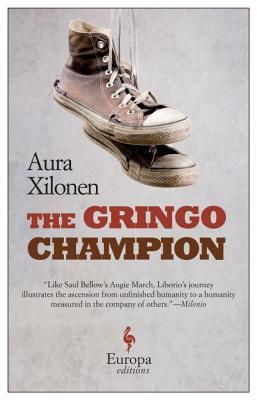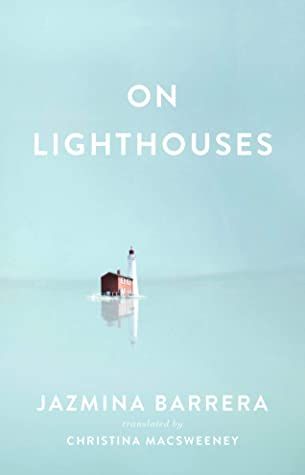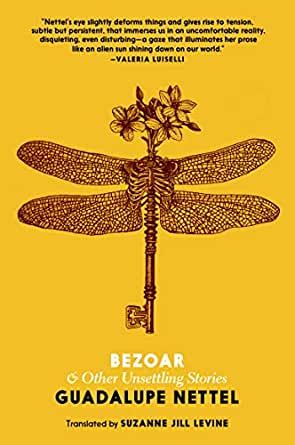The acquisition is the company's latest move in providing customers with comprehensive and distinctive offerings in the education and corporate learning sector
Published: Oct. 14, 2021 at 9:30 AM MDT|Updated: 12 minutes ago
OAKLAND CITY, Oct. 14, 2021 /PRNewswire/ -- Dictionary.com, the leading online and mobile English-language educational resource, today announced the acquisition of top-rated learning management system Skillo, an online platform that provides modern and intuitive training and coaching tools to clients.
With more than 70 million monthly users and 5.5 billion word searches annually, Dictionary.com is the premier online dictionary, thesaurus, and education technology platform. The company's suite of educational products promotes learning for English language students, educators, and word lovers worldwide, providing access to millions of definitions, spellings, audio pronunciations, example sentences, and word origins as well as grammar coaching, virtual tutoring, writing activities, quizzes, and learning games.
Recently ranked among the top learning management systems by SoftwareWorld, Skillo builds dynamic online training courses and provides insight with in-depth reporting tools, enabling clients to train their audiences seamlessly and effectively. By integrating Skillo with Dictionary.com, educators will be able to use, create, and share such educational materials as interactive lesson plans, activities, templates, and more for both remote and in-person learning.
"I'm excited to see what Skillo can do with Dictionary.com behind us," said Andrew Colchagoff, Founder and Chief Technology Officer, Skillo. "Dictionary.com's vision for superior learning experiences is perfectly aligned with Skillo's mission to provide the most intuitive platform to facilitate that learning. We look forward to building on our core capabilities as we enter this new phase."
The acquisition marks the next chapter for Dictionary.com as the company broadens its offerings for current users and expands its suite of tools for education and corporate learning. Recent additions to Dictionary.com's services include its Dictionary Academy and Grammar Coach™ in addition to its wealth of educational content across the site.
Jennifer Stevees-Kiss, CEO of Dictionary.com, stated, "Language and education are constantly evolving, and Dictionary.com is proud to lead the charge in creating the ultimate online learning experience. By leveraging the breadth of Dictionary.com's resources with the modern capabilities provided by platforms like Skillo, we will continue to create fun and engaging educational resources that grow with our customers."
For media inquiries regarding Dictionary.com, please contact Jacquelyn Grant at The TASC Group at jacquelyn@thetascgroup.com.
About Dictionary.com and Thesaurus.com
Dictionary.com is the world's leading online source for definitions, word origins, and a whole lot more. With virtual tutoring, educational word lists and flashcards, and engaging word games driven by the Dictionary Academy™, Dictionary.com opens the door to learning for millions of people.
Thesaurus.com powers millions of writers every day with the world's largest and most trusted lists of synonyms and antonyms, plus expert grammar advice. Whether they're looking for the perfect word or utilizing Grammar Coach™ for help writing that essay, email, or school paper, writers trust Thesaurus.com to help them communicate.
Contact: Jacquelyn Grant
The TASC Group
Email: jacquelyn@thetascgroup.com
View original content:
SOURCE Dictionary.com
/rt.prnewswire.com/rt.gif?NewsItemId=NY40059&Transmission_Id=202110141130PR_NEWS_USPR_____NY40059&DateId=20211014)
The above press release was provided courtesy of PRNewswire. The views, opinions and statements in the press release are not endorsed by Gray Media Group nor do they necessarily state or reflect those of Gray Media Group, Inc.









